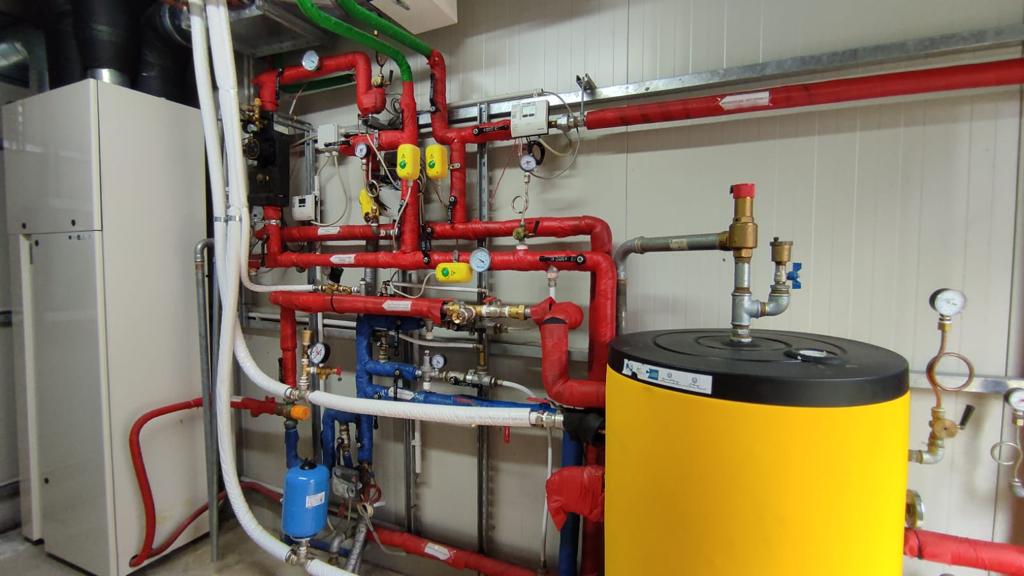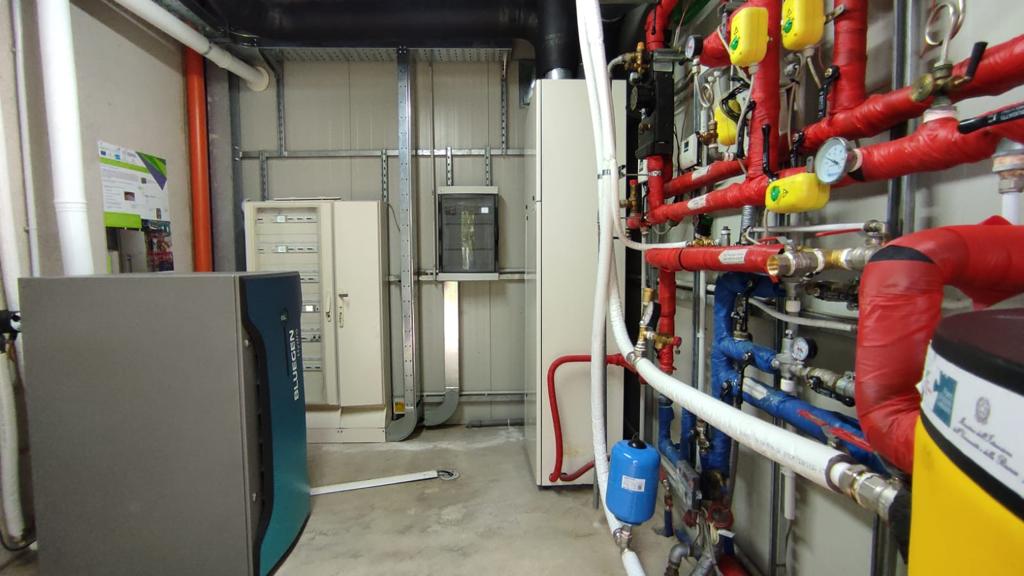From nZEB to H-ZEB
On Thursday 7 July, the nearly zero energy residential building (nZEB - nearly Zero Energy Building) in Benevento, becomes an H-ZEB (Hydrogen Zero Emission Building) building, enriching itself with new technologies that target the energy transition through the use of hydrogen .
The building was designed and built by STRESS and the University of Sannio as a full-scale demonstrator intervention of the SMART CASE research project "Innovative multifunctional solutions for optimizing primary energy consumption and indoor livability in the building system".
To the production of renewable energy from solar and geothermal sources, there is thus added the installation of a fuel cell powered 100% by hydrogen for the combined production of electricity and heat necessary to meet the energy requirements of the building. which currently hosts two students of the inter-university master's degree course in Biomedical Engineering which sees the collaboration of the University of Sannio, University of Molise and University of Cassino and Southern Lazio.
A source of pride for the Samnite city, its Athenaeum and Campania, which host the first installation in Europe, on a real building, of a solid oxide fuel cell micro-cogenerator powered by pure hydrogen. The initiative was made possible thanks to the collaboration born within the Italian Association for Hydrogen and Fuel Cells - H2IT between Stress and the Italian company Solid Power SpA and which found an application outlet at the demonstrator building of the 'University of Sannio.
 |
 |
With this application, the experimental building in Benevento becomes a "technological training ground" for the development and testing of hydrogen technologies capable of responding to the particular needs of the residential sector. The building is also a Living Lab being completely monitored, through the most advanced home automation technologies, with the aim of identifying, in real time, performance, criticalities and potential, with the aim of both promoting the social acceptability of hydrogen with reference to safety aspects and environmental benefits and to train new professionals on energy issues.
